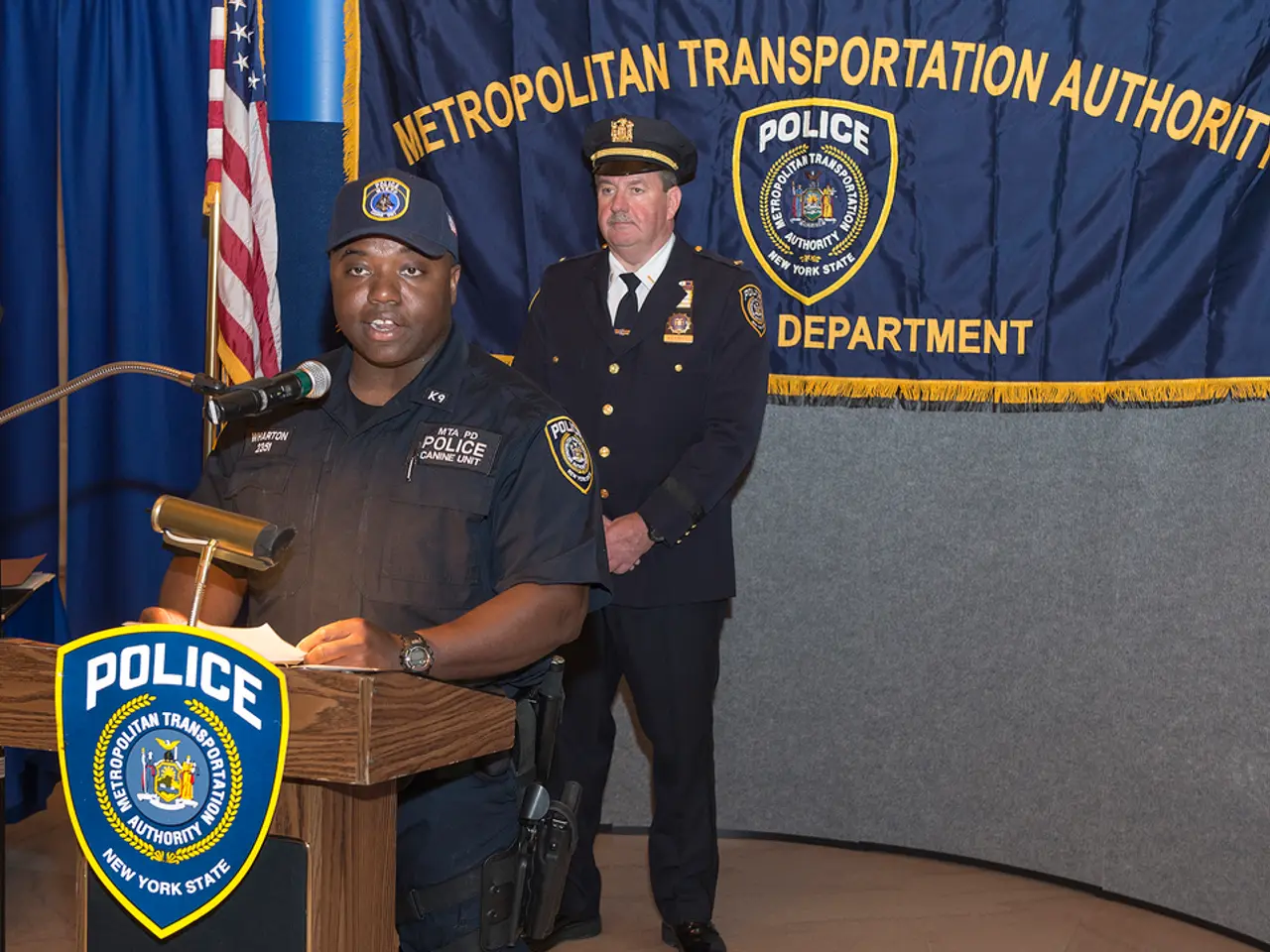Defense Attorneys for Abrego Garcia petition the court to dismiss his criminal charges, asserting claims of retaliatory and discriminatory prosecution.
In a case that has sparked controversy, Kilmar Abrego Garcia, a Salvadoran native, finds himself embroiled in a legal battle against the U.S. Department of Justice (DOJ). Abrego Garcia's attorneys argue that the government is using the case to punish him for successfully fighting his unlawful removal, with claims of vindictive and selective prosecution.
Background
The saga began in March 2025 when Abrego Garcia was wrongly deported to El Salvador's CECOT mega-prison, in violation of an earlier court order that forbade his removal. This deportation occurred under the Trump administration’s claim that he was affiliated with the gang MS-13, an allegation he denies. In May 2025, he was brought back to the U.S. to face criminal charges in Tennessee for allegedly transporting undocumented migrants.
Legal Arguments
The core legal argument from Abrego Garcia’s defense is that the prosecution is vindictive, implying it is a punitive response to his refusal to cooperate with governmental violations of his rights. They characterize the prosecution as selective, meaning he was singled out unfairly compared to others who were not prosecuted under similar circumstances. Additionally, his attorneys argue that Abrego Garcia faces persecution and possible torture if deported again, especially to Uganda or back to El Salvador’s CECOT prison.
Current Status
As of late August 2025, a magistrate judge issued a temporary stay preventing immediate deportation, and another judge ruled Abrego Garcia must be returned to Maryland if released. His defense motions seek dismissal of criminal charges based on vindictive and selective prosecution claims, and meanwhile, an immigration court is requested to stay removal and consider his asylum application promptly.
The case remains active with litigation ongoing concerning the criminal charges and immigration proceedings, including the potential reopening of his asylum claim. The trial is set to begin in January 2026.
Notable Details
- The traffic stop at the center of the government’s case against Kilmar Abrego Garcia occurred years earlier, which his lawyers claim "is sufficient to establish discriminatory effect."
- Judge Paula Xinis, an Obama appointee, ruled to restore Abrego Garcia to the immigration position he was in before his deportation and ensure his due process rights aren't violated again should officials try to remove him from the US a second time.
- The lawyers argue that the Justice Department singled out Kilmar Abrego Garcia for prosecution after he challenged his wrongful deportation.
- No similar case within the federal circuit that hears appeals arising from Tennessee and several other states could be found.
- The lawyers argue that the prosecution is intended to justify officials' false claims that deporting him to El Salvador was the right thing to do.
- The lawyers claim that the government is prosecuting the case as retribution for Abrego Garcia's legal fight against his deportation.
- The request is being made in US District Judge Waverly Crenshaw in Nashville.
- Kilmar Abrego Garcia is expected to be released from criminal custody pending his trial on the federal charges.
- A federal judge in Maryland has barred the administration from quickly deporting Kilmar Abrego Garcia again once he's released from criminal custody.
The outcome of this case could set a precedent for future cases involving allegations of vindictive and selective prosecution by the U.S. government.
Read also:
- Weekly happenings in the German Federal Parliament (Bundestag)
- Southwest region's most popular posts, accompanied by an inquiry:
- Discussion between Putin and Trump in Alaska could potentially overshadow Ukraine's concerns
- Massive 8.8 earthquake hits off the coast of Russia's Kamchatka Peninsula, prompting Japan to issue a tsunami alert.







